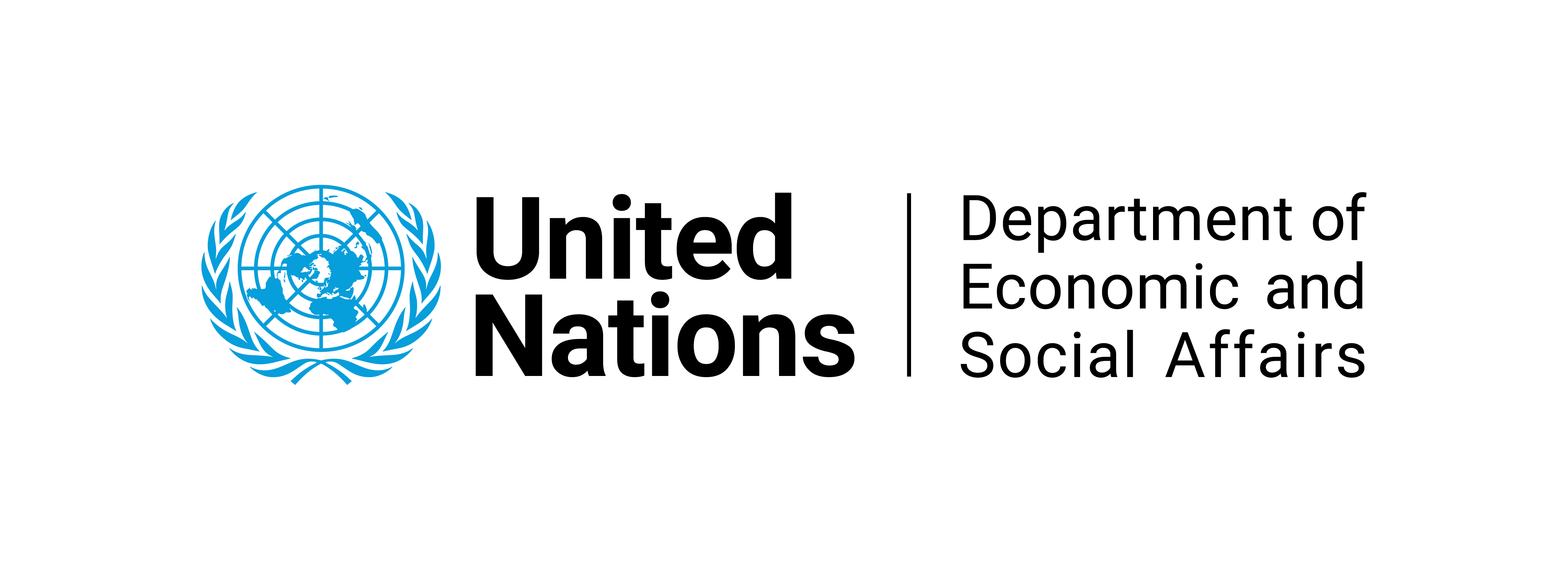11.9 Open data movement#
Open data is defined by the Open Data Foundation (🔗) as “Open data is data that can be freely used, shared and built on by anyone, anywhere, for any purpose”. If an NSO wants to comply with recommended standards for open data, then certain steps should be taken to make its data freely available in this way (see Chapter 15.2.8 — Open data initiatives). Openness is a concept common to open source, open government and open data. It responds to various political and economic issues. Democratic gains are expected from data openness (better transparency of public action, citizen participation, response to the crisis of confidence towards politicians and institutions), and economic value creation through the development of new activities based on open data.
The benefits of open data can serve many groups, including the government.
Open data creates value for the government; it can improve measurement of policies, increase government efficiency, provide deeper analytical insights, stimulate greater citizen participation, and boost local companies by way of products and services that use government data. In recent years, many national governments have implemented open data initiatives. Data quality, in turn, improves when data are well documented and open to public review.
A benefit for an NSO is that open data initiatives can provide incentives for improvement, including modernisation of statistical systems, upgraded IT infrastructure, and more responsive user services. By better responding to demand and improving the efficiency of the supply side, NSOs can reach a larger audience and raise their profile and influence, which can, in turn, help with resource mobilization to improve statistical systems. But moving to an open data model may remove a revenue stream that previously supported data production or dissemination.
The adoption rate of open data principles varies from NSO to NSO according to each country’s culture and political climate. Reluctance to open public data sources can be due to concerns about data quality, costs, privacy and information technology capacity.
